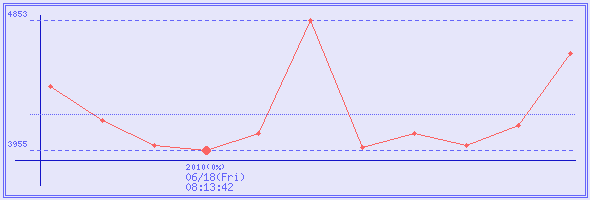お店のコメント(スペック情報を含む場合もあり)
内容説明
Once upon a time, economists saw capital account liberalization - the free and unrestricted flow of capital in and out of countries - as unambiguously good. Good for debtor states, good for the world economy. No longer. Spectacular banking and currency crises in recent decades - from Latin America in the early 1980s to Scandinavia a decade later to Mexico, Southeast Asia, Russia, and, quite lately, Argentina - have shattered the consensus. In this remarkably clear and pithy volume, one of Europe’s leading economists examines these crises, the reforms being undertaken to prevent them, and how global financial institutions might be restructured to this end. Jean Tirole first analyzes the current views on the crises and on the reform of the international financial architecture.Reform proposals often treat the symptoms rather than the fundamentals, he argues, and sometimes fail to reconcile the objectives of setting effective financing conditions while ensuring that a country ?owns? its reform program. A proper identification of market failures is essential to reformulating the mission of an institution such as the IMF, he emphasizes. Next, he adapts the basic principles of corporate governance, liquidity provision, and risk management of corporations to the particulars of country borrowing. Building on a ?dual- and common-agency perspective,? he revisits commonly advocated policies and considers how multilateral organizations can help debtor countries reap enhanced benefits while liberalizing their capital accounts. Based on the Paolo Baffi Lecture the author delivered at the Bank of Italy, this refreshingly accessible book is teeming with rich insights that researchers, policymakers, and students at all levels will find indispensable.
Book Description
Once upon a time, economists saw capital account liberalization--the free and unrestricted flow of capital in and out of countries--as unambiguously good. Good for debtor states, good for the world economy. No longer. Spectacular banking and currency crises in recent decades--from Latin America in the early 1980s to Scandinavia a decade later to Mexico, Southeast Asia, Russia, and, quite lately, Argentina--have shattered the consensus. In this remarkably clear and pithy volume, one of Europe’s leading economists examines these crises, the reforms being undertaken to prevent them, and how global financial institutions might be restructured to this end. Jean Tirole first analyzes the current views on the crises and on the reform of the international financial architecture. Reform proposals often treat the symptoms rather than the fundamentals, he argues, and sometimes fail to reconcile the objectives of setting effective financing conditions while ensuring that a country ?owns? its reform program. A proper identification of market failures is essential to reformulating the mission of an institution such as the IMF, he emphasizes. Next he adapts the basic principles of corporate governance, liquidity provision, and risk management of corporations to the particulars of country borrowing. Building on a ?dual- and common-agency perspective,? he revisits commonly advocated policies and considers how multilateral organizations can help debtor countries reap enhanced benefits while liberalizing their capital accounts. Based on the Paolo Baffi Lecture the author delivered at the Bank of Italy, this refreshingly accessible book is teeming with rich insights that researchers, policymakers, and students at all levels will find indispensable.
商品の説明をすべて表示する
商品ジャンル
商品名
最終調査日時
2012/11/18 (Sun) 01:03:20
価格の変動(直近3回 : ¥0は未調査回)
取得日時
販売価格
ポイント
実質価格
在庫状態
2012/11/18 (Sun) 01:03:20
¥4,625
0 %
¥4,625
2012/03/05 (Mon) 22:55:34
¥4,123
0 %
¥4,123
2012/01/08 (Sun) 12:40:55
¥3,985
0 %
¥3,985

サイト内キーワード検索
商品名の検索は通常の商品検索ボックスで。
コメントやスペックなどから検索したい場合はこちらから。
コメントやスペックなどから検索したい場合はこちらから。
広告


![【クリックでお店のこの商品のページへ】Financial Crises, Liquidity, and the International Monetary System [ハードカバー]](http://ec2.images-amazon.com/images/I/51S41aO41rL._SL500_AA240_.jpg)


